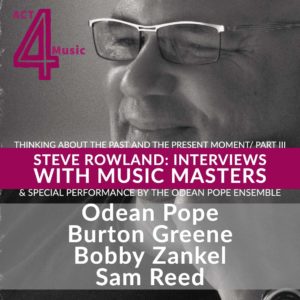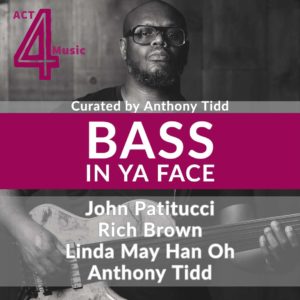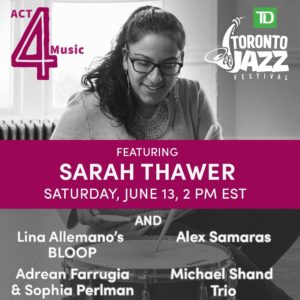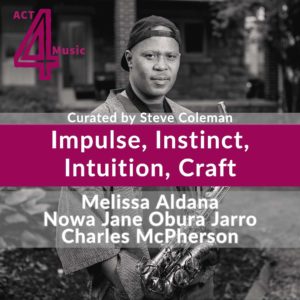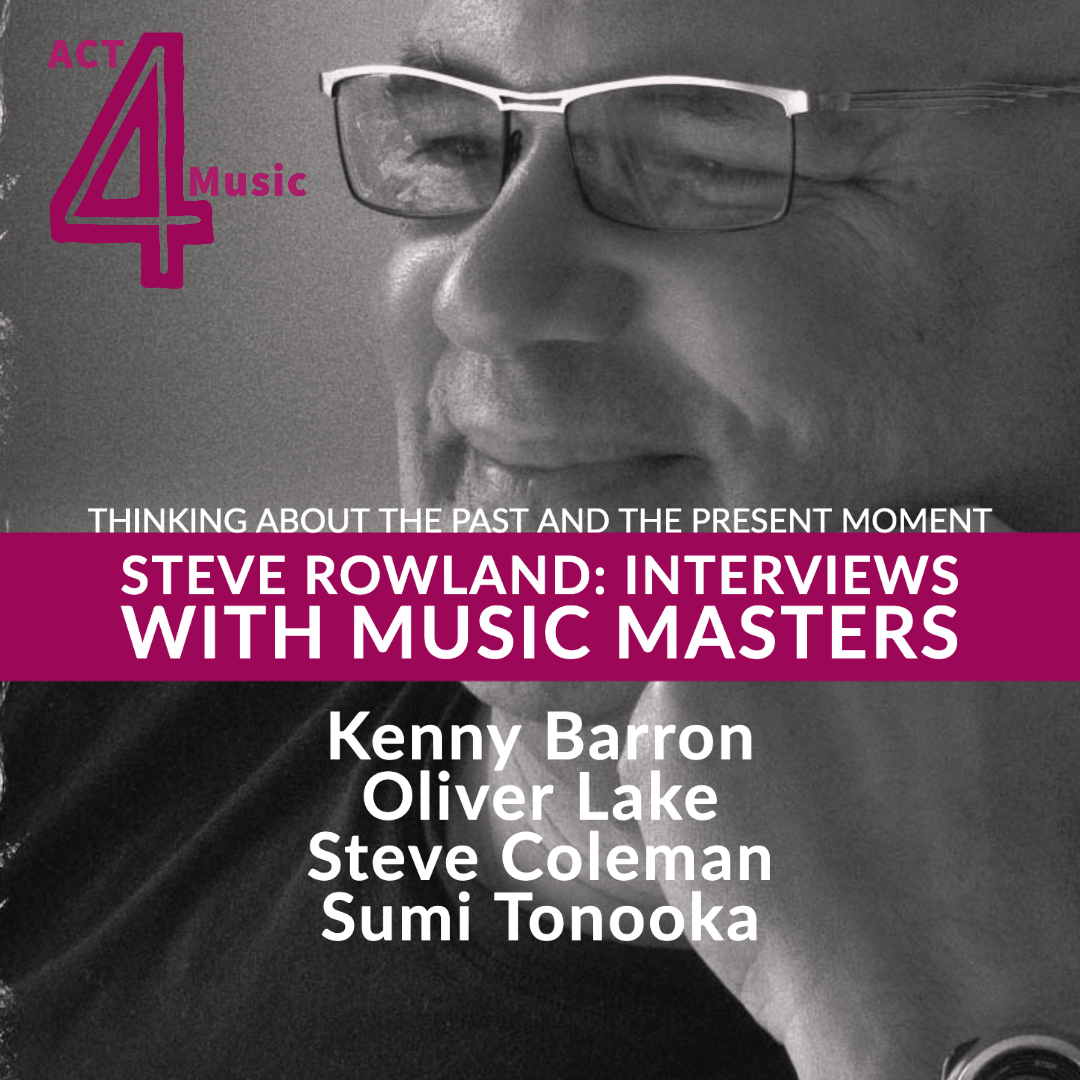
Local Time
- Timezone: Europe/Paris
- Date: May 27 2020
- Time: 8:00 PM
Thinking about the Past and the Present Moment
 Steve Rowland: Interviews with Music Masters
Steve Rowland: Interviews with Music Masters
Steve Rowland has spent a career using music, theater and art as windows to explore issues in American history, society, race relations, human creativity, spirituality, aesthetic beauty, the nature of change and human possibility. He is one of the most accomplished music documentarians in the United States. Rowland has produced over 50 hours of radio documentary work since 1987. All of his projects are based on extensive oral histories. He produced the 11-hour documentary “Leonard Bernstein: An American Life” which is narrated by Susan Sarandon. It is based on over 100 exclusive interviews Rowland conducted with colleagues of Bernstein and mountains of archival material.
Rowland has interviewed hundreds of musicians, artists and other thinkers, including Bob Marley, Cornel West, Fela Ransome Kuti, Art Blakey, Sonny Rollins, Max Roach, Quincy Jones, Wayne Shorter, Tony Williams, Sun Ra, Elvin Jones, Big Youth, Betty Carter, Lester Bowie, Cachao, Smokey Robinson, Dionne Warwick, Stephen Sondheim, Oliver Lake, Mstislav Rostropovich, John Lee Hooker, Carlos Santana, Ahmet Ertegun, Leslie Uggams, Marin Alsop, Comden & Green, George Clinton, James DePriest, Kathleen Battle, Flea, Manning Marable and many, many others.
 Kenny Barron
Kenny Barron
In 2019, the esteemed pianist, composer, bandleader and educator Kenny Barron celebrated his 75th birthday and marked the 50th year of a remarkable recording career that shows no signs of slowing down. In fact, this year will be punctuated with yet another milestone: the May 4 release of his Blue Note Records debut Concentric Circles. The sublime 11-song set features new originals plus interpretations of songs by Caetano Veloso, Thelonious Monk, and Lenny White, and finds the 11-time Grammy nominee introducing a new edition of the Kenny Barron Quintet with saxophonist Dayna Stephens, trumpeter Mike Rodriguez, bassist Kiyoshi Kitagawa, and drummer Johnathan Blake. Hear the lead track “Blue Waters” on Blue Note’s Jazz Now! playlist on Apple Music and Spotify. Barron was born in Philadelphia in 1943, and moved to New York City when he was just 19 years old. His distinguished career has seen him collaborate with jazz titans including Dizzy Gillespie, James Moody, Milt Jackson, Stan Getz, Chet Baker, Lee Morgan, Freddie Hubbard, Joe Henderson, and Yusef Lateef. Barron has made notable appearances on Blue Note records going all the way back to 1967 with the likes of Stanley Turrentine, Booker Ervin, and Bobby Hutcherson, and in more recent years with Sonny Fortune, Dianne Reeves, and Terence Blanchard. On Barron’s previous two Impulse! releases – The Art of Conversation and Book of Intuition – he created magic in more intimate settings: duo with bassist Dave Holland and trio with Blake and Kitagawa, respectively. And while duo and trio outings have set many of the high-water marks of Barron’s enormous discography, his 1968 debut LP You Had Better Listen was a quintet session co-led with trumpeter Jimmy Owens, as well as his critically acclaimed 1986 LP What If with trumpeter Wallace Roney, saxophonist John Stubblefield, bassist Cecil McBee, and drummer Victor Lewis. Eight years after becoming an NEA Jazz Master, with critics declaring him “one of the top jazz pianists in the world” (Los Angeles Times), Barron is still striving to reach new creative heights as he continues to record and tour with many different instrumental configurations. With numerous awards such as the 2009 Living Legacy Award from the Mid-Atlantic Foundation and six wins as the Jazz Journalist Association’s “Best Pianist” Award, Barron rests on no laurels. Concentric Circles is another sparkling jewel in Barron’s crown; and it surely won’t be the last.
 Sumi Tonooka
Sumi Tonooka
Sumi Tonooka (pronounced To-NO-ka) has been called a “fierce and fascinating composer and pianist” (Jazz Times), “provocative and compelling” (New York Times), and “continually inventive, original, surprising, and a total delight,” (Cuadranos de Jazz, Madrid).
During a career spanning more than 30 years that has taken her from home bases in Philadelphia &Boston, to New York & Seattle, Tonooka has been developing a body of work that surprises and delights audiences worldwide- quietly piling up accolades from jazz writers and fellow musicians.
Currently, Tonooka is the grateful recipient composer of the Chamber Music America’s New Jazz Works Grant in 2019.
In 2013, the American Composers Orchestra and The Center for Jazz Studies at Columbia University, in cooperation with EarShot, the National Orchestra Composition Discover Network, presented Tonooka’s first work for symphony orchestra, Full Circle, as part of the second Jazz Composers Orchestra Institute (JCOI) Readings. Subsequently she has gone on to perform and compose orchestral works nationally, including serving as a composer in residence with the South Dakota Symphony as a recipient of Music Alive, New Music USA composers residency and with the Northwest Symphony Orchestra.
In addition to her symphonic and chamber works, jazz recordings and performances, Tonooka has composed over twenty film scores, including the Academy Award-nominated Family Gathering by Lise Yasui and Daring To Resist by Martha Lubell, aired on PBS American Experience series.
Recent recordings include a third release in 2020 with Alchemy Sound Project, a composer-led ensemble, founded by Tonooka, that brings together five combustible sound chemists with powerful voices in jazz and orchestral work. In the Alchemy Project, the composers, all colleagues from the JCOI created original works that weave the intricate expansiveness of orchestral writing into an improvisational sextet.
In her previous solo recording, NOW, “Tonooka covers a lot of stylistic territory in a perfectly sequenced show, and plays with a rare spirituality and musical sagacity. A superb solo piano outing” (All About Jazz).
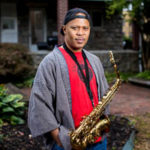
Photo credit: John D. & Catherine T. MacArthur Foundation
Steve Coleman
Born in Chicago, alto saxophonist and composer Steve Coleman moved to New York City in 1978 and has lived in the NYC area since. A leader of several groups, his main group ‘Steve Coleman and Five Elements’ began in 1981 and is still active today. Steve incorporates elements from the folkloric music of the African Diaspora fused with musical ideas influenced by ancient metaphysical concepts.Coleman’s work is known for its use of what most perceive as indefinite meter. The feel of the music is usually groove-based, but with a loose spontaneous fluid structure that is the consequence of the melodic, harmonic and rhythmic relationships of various cycles, expressed using an extemporaneous concept. In creating his music, Steve has used methods that can be linked to two concepts: Energy (the potential for change and change itself in physical, metaphysical and psychic phenomena), and Sacred Geometry (the use of shapes to symbolically express energy and natural principles). Steve’s latest recording is “Live at the Village Vanguard, Vol. I (The Embedded Sets)”,available on Pi Recordings.
 Oliver Lake
Oliver Lake
The artistic scope of renowned saxophonist, composer, painter, and poet Oliver Lake’s half-century-long career is unparalleled. An extensive resume of his collaborations includes work with the Brooklyn Philharmonic, Flux String Quartet, Bjork, Lou Reed, A Tribe Called Quest, Mos Def, Me’shell Ndegeocello, Anthony Braxton, James Blood Ulmer, William Parker, Vijay Iyer, Reggie Workman, Andrew Cyrille and a veritable who’s who of the jazz vanguard. Oliver’s efforts extend far beyond the music, with his creation of the non-profit Passin’ Thru organization, becoming a mainstay at Pittsburgh’s City of Asylum, publishing two books of poetry and frequently producing visual artwork for exhibitions across the country.
Lake’s breadth of disciplines can be traced back to his formative years with the Black Artists Group, the innovative St. Louis collective of musicians, poets, dancers and painters he helped architect over 35 years ago. As a co-founder of the internationally acclaimed World Saxophone Quartet (with fellow luminaries David Murray, Julius Hemphill and Hamiet Bluiett), Oliver firmly established himself in the “Loft” jazz scene of the 1970’s in New York City, and has since produced a body of work that is both expansive and versatile enough to avoid falling solely into the trappings of the “avant-garde” and “free” labels. The fact that his work can stand on compositional merit alone, all while he has etched a place for himself as one of the elite saxophone players and improvisers of recent times, is a testament to Oliver Lake’s stature as an artist.
Lake’s output as an exacting and unequivocally original composer has long been celebrated, highlighted by commissions awarded from the Library of Congress, the Rockefeller Foundation ASCAP, the International Association for Jazz Education, Composers Forum and the McKim Foundation. He has been the recipient of the Guggenheim Fellowship and was also presented with the Mellon Jazz Living Legacy Award at the Kennedy Center in 2006.
In 2014, Oliver was honored with what is arguably the greatest recognition of his artistry and vision to date, becoming one of only nineteen grantees appointed for the prestigious Doris Duke Artist Award, a multi-year grant awarded to American artists in the fields of jazz, theater and dance.
A trailblazer through and through, Oliver Lake continues to produce in the vociferous, uncompromising way he only knows how to, currently immersed in the work of such adventurous ensembles as the Oliver Lake Organ Quartet, Oliver Lake Big Band and Trio 3.

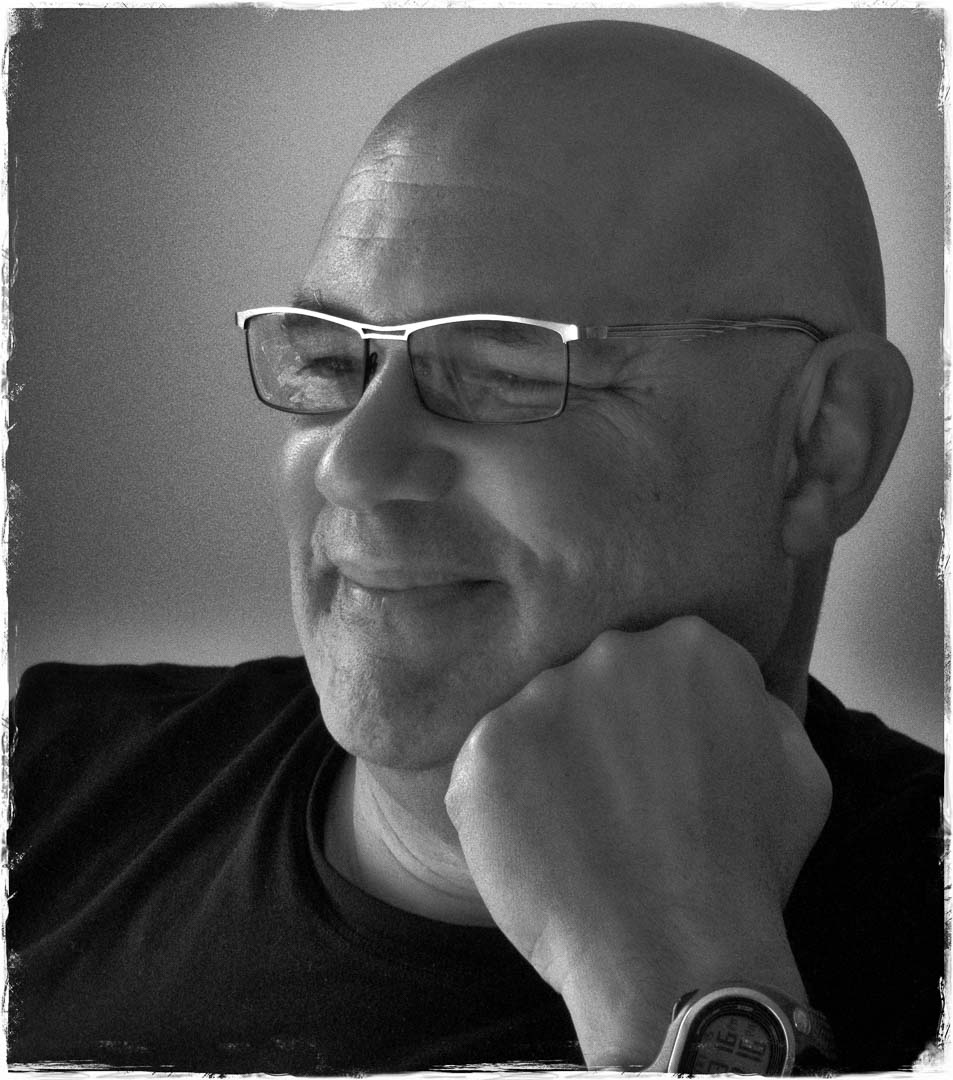
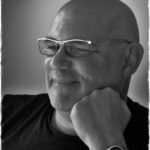 Steve Rowland: Interviews with Music Masters
Steve Rowland: Interviews with Music Masters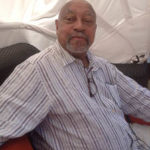 Kenny Barron
Kenny Barron Sumi Tonooka
Sumi Tonooka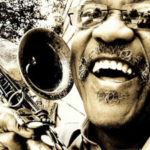 Oliver Lake
Oliver Lake